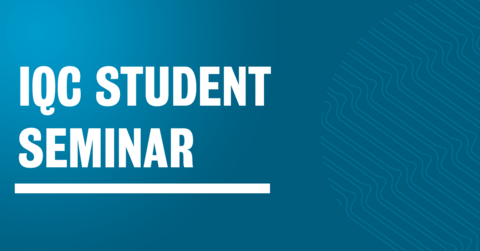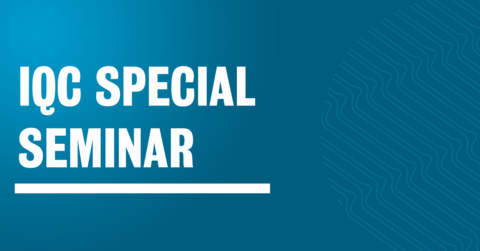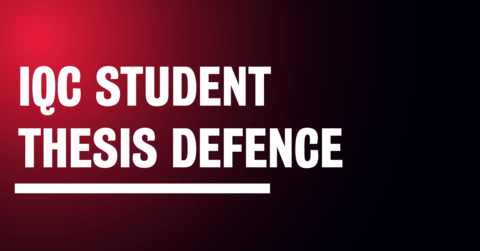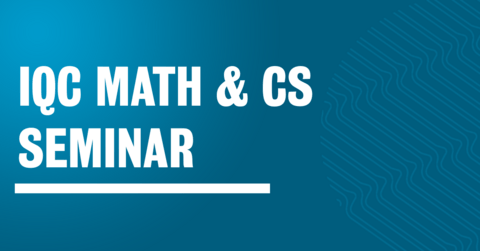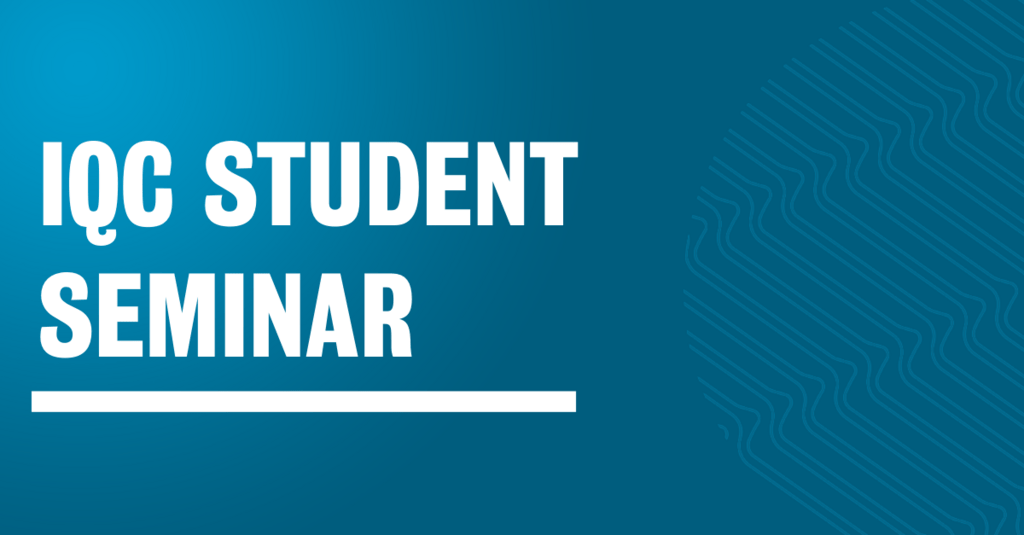Quantum Illumination: From Theory to Practice
Since its conception a decade ago, interest in Quantum Illumination, a form of long-range quantum sensing, has grown steadily. Motivated by applications in defence, quantum communications and other areas, interest has now spread from academia to industry and government. The goal of the IQC Workshop on Quantum Illumination is to bring together a wide range of participants from these various domains to discuss the state of the art in laboratory research, the range of possible applications, and paths toward those applications.

